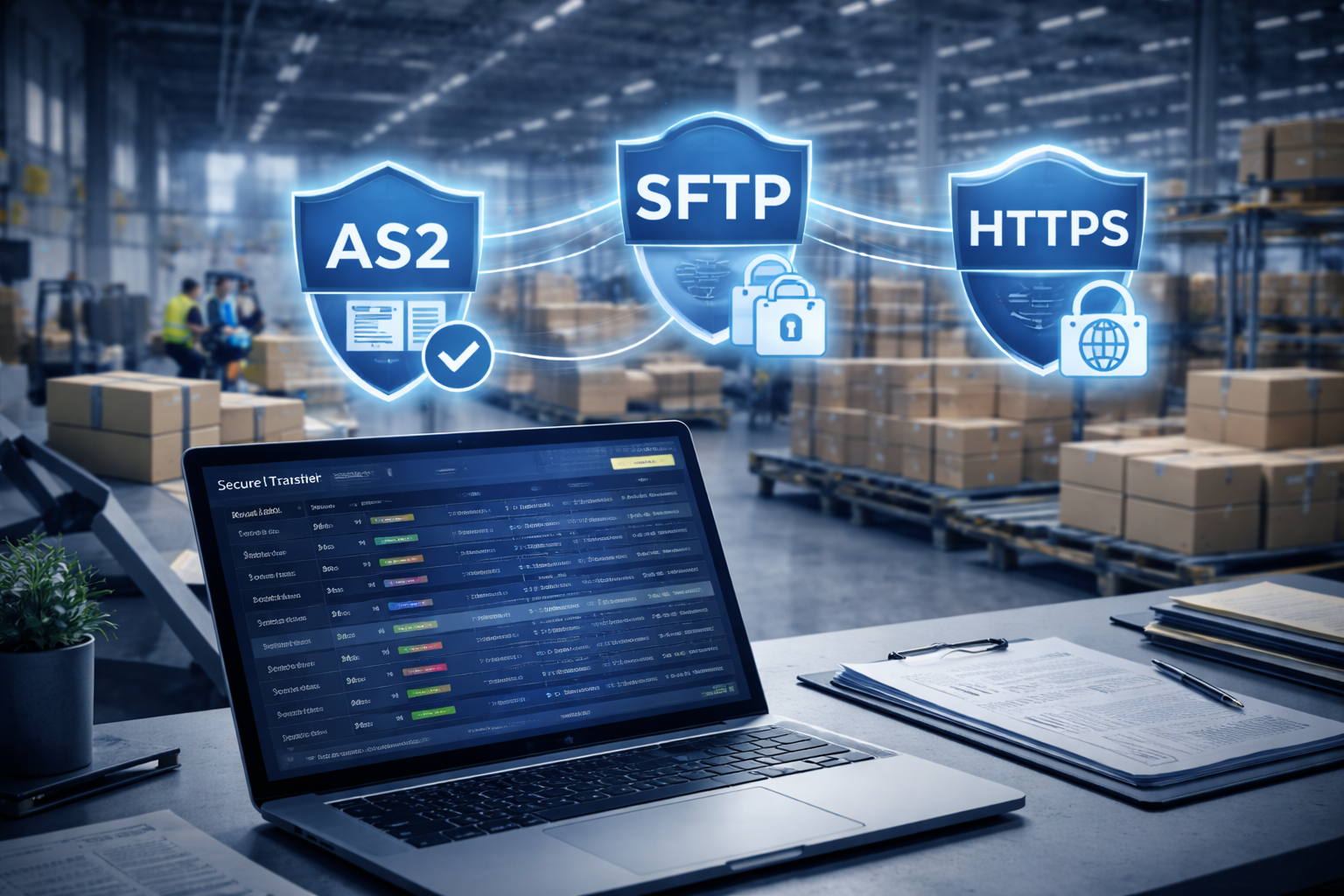
Enterprise rerource planning (ERP) is a suite of software allowing companies to better manage their operations and gather information to facilitate business decisions. ERPs enable companies to centralize all business information into a single database. Having information centralized permits all departments within that business to have easier access and visibility to the information they require, resulting in more efficient, streamlined processes.
ERP software came about with the merger of two systems. In the 1980s, Materials Requirements Planning (MRP) ran on mainframe systems looking at demand and supply in an industry. MRPs evolved to include resources to manage capacity and production levels. Consequently, inventory related activity became linked to accounting systems. Then came Customer Relationship Management systems (CRM) that allowed companies to manage the sales process and track customer activity. When CRM and MRP merged, the new term ERP was coined.
With ERP, an organization can collect, store, manage, and interpret data from activities across the whole business. The software includes applications to monitor product planning, manufacturing or service delivery, sales and marketing, shipping and payment, and inventory management. The applications share data across departments and also manage connections to outside stakeholders. ERP systems facilitate financial reporting and an analysis of business performance. Also, many ERP systems can export data to spreadsheets for further analysis.
It is not only manufacturing companies with a supply chain, or large businesses with complex needs, that use ERPs. Since ERP systems are as diverse as the companies using them, any business that has requirements including accounting, inventory, multiple departments, or contact management may benefit from using an ERP. Companies utilizing ERPs include small and large businesses, human resources, a variety of non-profit industries, government agencies, media, hospitality, real estate, agriculture and farming, information technology, the retail industry, financial sector, and educational institutes and universities.
Originally used in engineering and the manufacturing industries, typical functions of ERP systems are work orders, quality control, workflow management, supply chain planning and management, and warehousing. Systems can cover order entry, pricing, inventory, shipping, and sales reporting, among many other processes.
In financial accounting, an ERP system includes areas such as fixed assets, cash management, and financial consolidation. With management accounting, systems can cover budgeting, costing, and cost management.
ERP systems can also help with recruitment, training, payroll and benefits in human resources, and project planning and project management. Systems are used to facilitate customer relationship management such as sales and marketing, commissions, and call center support. ERP systems cover various self-service interfaces as well.
There are several benefits of running an ERP:
The cost of ERP systems can be problematic since they can cost more than less integrated solutions, and there is a need for staff training. Migration of the system can be expensive, and harmonization for big companies may be an enormous task.
ERP systems have been criticized for the limited customization options in the software, and for not allowing the sharing of sensitive information.
BOLD VAN offers cloud solutions that work with your existing ERP. Rather than moving your documents and leaving you with flat file data, BOLD VAN integrates the data into the business systems you have in place.
Integrating EDI with your ERP has many benefits:
For more information regarding integrating EDI with your ERP, speak to an integration expert at BOLD VAN 844-265-3777. Read more on BOLD VAN's EDI Cloud Solution.

Learn how hybrid API + EDI integration supports Shopify, BigCommerce, and D2C growth without mailbox fees, mapping delays, or compliance risk.

Compare AS2, SFTP, and HTTPS for warehouse EDI. Learn which secure transmission protocol fits your compliance, performance, and operational needs.

Automate EDI directly into Dynamics 365 without long IT projects. Eliminate manual entry, reduce errors, and gain predictable pricing with BOLD VAN.